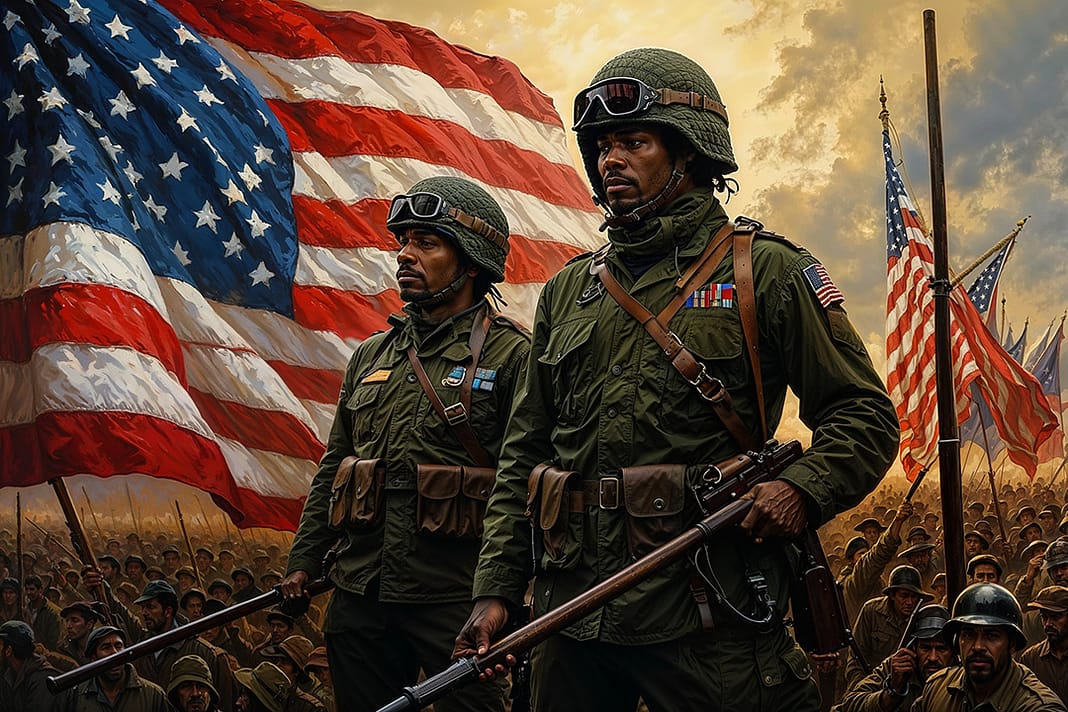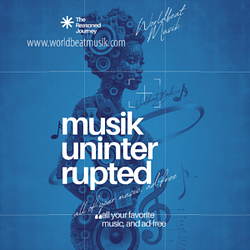There is a thin line, often invisible but always present, between loving a nation and demanding that it bend to the will of those who speak the loudest. This line is the difference between patriotism and nationalism. One is a quiet, persistent love, a yearning for the betterment of all. The other? A fear-drenched cry for dominance, built upon the scaffolding of exclusion and supremacy.
In the shadow of modern history, the language of patriotism has often been stolen and replaced by the clenched fist of nationalism. They ask us to choose sides, to declare our loyalties, as if the two are the same. But we know better. We feel it in our bones. There is a nation that thrives when its people love it enough to challenge its faults, and there is a nation that crumbles when it is blind to its own flaws, insisting on perfection at the expense of others.
Patriotism: A Love Rooted in Imperfection
Patriotism begins as a tender, unshakeable commitment to one’s homeland—a deep-rooted desire to see its ideals realized for all who call it home. It is a love that speaks softly, asking not for perfection, but for a willingness to confront the imperfections that hide beneath the surface.
Consider the Civil Rights Movement, a time when American streets were alive with the possibility of transformation. Leaders like Martin Luther King Jr. stood on podiums, not to tear down America, but to hold it accountable to the promises it had made to itself. The cry for justice was not one of hatred, but of love—a love so fierce that it would not allow complacency. It was patriotism in its truest form: a devotion to the belief that America, flawed as it was, could still rise to embody its highest ideals.
In modern times, this spirit of patriotism endures. Look to the rise of movements like Black Lives Matter, which demand that a nation turn its gaze inward, toward the long shadow cast by its history of racism and oppression. These movements are built on the same premise: that true patriotism lies in the willingness to face hard truths, to dig out the rot, and to plant something more just in its place. To love a country is to believe it can be better—and to act in service of that belief.
Nationalism: A Fragile Armor
But nationalism is a different beast. It begins in fear. It clutches tightly to an idea of the nation that is small, exclusive, and rooted in dominance. While patriotism opens its arms wide, nationalism builds walls. It speaks not of justice or shared progress but of preservation—preservation of a particular identity, a particular people, a particular culture. All else becomes suspect, alien, dangerous.
Consider the recent cries of national sovereignty during the Brexit referendum. For some, it was a patriotic decision—a return to democratic self-rule, an effort to reclaim the voice of the people. But for others, it was a nationalist cry, a desperate need to close the gates, to preserve what they believed was being diluted by immigration, by globalization, by a Europe that no longer mirrored their vision of Britain.
Nationalism feeds on the fear that a nation is being lost. It seeks enemies, both within and without. Those who are deemed ‘other’ are no longer fellow citizens but threats to be contained. When Viktor Orbán of Hungary stands at the podium and speaks of protecting his nation’s Christian identity, he is not speaking of love. He is speaking of fear—fear that the very idea of Hungary will be washed away by multiculturalism, by immigrants, by foreign influence. And in that fear, he reaches for nationalism, tightening the circle of belonging ever smaller, until only a select few are left inside.
A World Torn Between Two Loves
Today, we are at a crossroads. Across the world, we see these two visions of national identity battling for dominance. In India, Prime Minister Narendra Modi’s brand of Hindu nationalism threatens the fabric of India’s secular democracy, privileging one religion over all others and pushing the nation toward division. Nationalism, here, is a weapon, wielded to forge a new identity that excludes its Muslim citizens, an identity that demands allegiance to a singular, narrow idea of what it means to be Indian.
Meanwhile, in nations like the United States, the struggle between patriotism and nationalism continues to play out. Many ask: Is it patriotic to criticize your country? To that, the answer is simple. Patriotism is not about uncritical loyalty—it is about loyalty to the ideals that make a country worth loving. It is the courage to demand better, even when it is uncomfortable, even when it requires admitting fault.
Nationalism, in contrast, brooks no criticism. It cannot tolerate the messiness of real progress. It clings to an illusion of purity, of greatness already achieved, and demands that no one question it. To be a nationalist is to say, “My country, right or wrong,” while patriotism whispers, “My country, let us make it right.”
The Fragile Hope of True Patriotism
It is easy to fall into the trap of nationalism. After all, it offers simple answers to complex questions. It tells us who to fear, who to blame, and who to fight. But this path is dangerous, and history has shown us its fruits—division, conflict, and violence.
Fascism, which was born out of extreme nationalism, offers a chilling reminder of where such thinking can lead. In Germany and Italy, nationalism was co-opted by authoritarian leaders, and the results were devastating. The horrors of World War II and the Holocaust remind us that nationalism, when unchecked, can destroy the very nation it claims to defend.
And yet, even in the face of such darkness, the light of patriotism continues to flicker. It is found in the quiet resolve of those who work to build bridges where others build walls. It is in the voices of those who say that a nation’s strength lies not in its ability to dominate but in its capacity to care for its most vulnerable.
Patriotism asks us to love, not just the land beneath our feet, but the people who walk it with us—all of them, in their infinite variety. It asks us to open our arms to those who are different, to those who challenge us, and to those who come seeking refuge. For it is not weakness to welcome the stranger; it is strength. And that strength is the heartbeat of a truly great nation.
A Choice Before Us
In a time when nationalism is on the rise across the globe, we are faced with a choice. Will we choose the narrow path of exclusion, fear, and suspicion? Or will we walk the broader road of justice, accountability, and love? The answer to that question will define not only the future of our nations but the future of humanity.
True patriotism is not easy. It requires sacrifice, humility, and a willingness to confront the darkness that lives within every nation’s history. But it is the only path forward if we are to create nations that are worthy of love—nations that belong, in full, to all their people.
And so, as the world trembles between two souls, we must ask ourselves: What kind of nation do we want to build? A nation that fears, or a nation that loves? The answer is ours to give.
Discover more from The Reasoned Journey
Subscribe to get the latest posts sent to your email.


